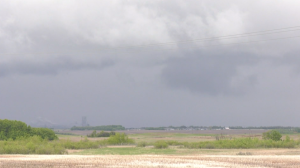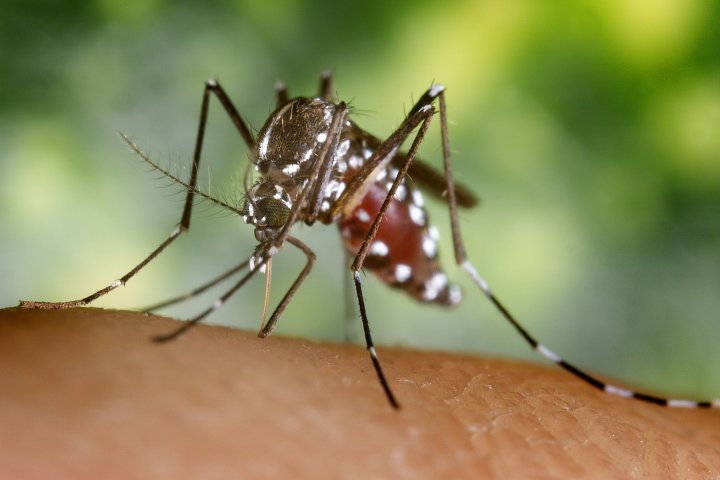As the rain falls, a distinct earthy scent fills the air. This smell, known as petrichor, has long been a source of fascination for scientists and nature enthusiasts alike. But what exactly is petrichor and why does it occur?
Petrichor is a combination of two Greek words, “petra” meaning stone and “ichor” meaning the fluid that flows in the veins of the gods. It was first described in 1964 by Australian researchers Isabel Joy Bear and Richard Thomas, who discovered that the smell was caused by a chemical reaction between oils released by plants and bacteria in the soil.
When rain falls, it hits the ground and causes tiny air bubbles to form. These bubbles then rise to the surface, carrying with them the oils and bacteria from the soil. As the bubbles burst, the oils are released into the air, creating the distinct petrichor smell.
But why does petrichor only occur after rain? The answer lies in the dryness of the soil. When the ground is dry, the oils and bacteria are trapped in the soil, unable to reach the surface. But when rain falls, it creates a moist environment, allowing the oils and bacteria to be released and carried to our noses.
Aside from its pleasant smell, petrichor also has practical uses. In agriculture, the smell of petrichor can indicate the presence of bacteria in the soil, which is essential for plant growth. It can also help predict rain, as the stronger the petrichor smell, the more likely it is that rain is on the way.
While petrichor is most commonly associated with rain, it can also occur after other types of precipitation, such as snow or hail. This is because these forms of precipitation also create the same chemical reaction between oils and bacteria in the soil.
In conclusion, petrichor is a natural phenomenon that occurs when rain hits the ground, releasing oils and bacteria into the air. Its distinct earthy scent has captivated humans for centuries and continues to be a source of fascination and practical use in various fields. So the next time you smell petrichor after a rainstorm, take a moment to appreciate the science behind this natural wonder.




